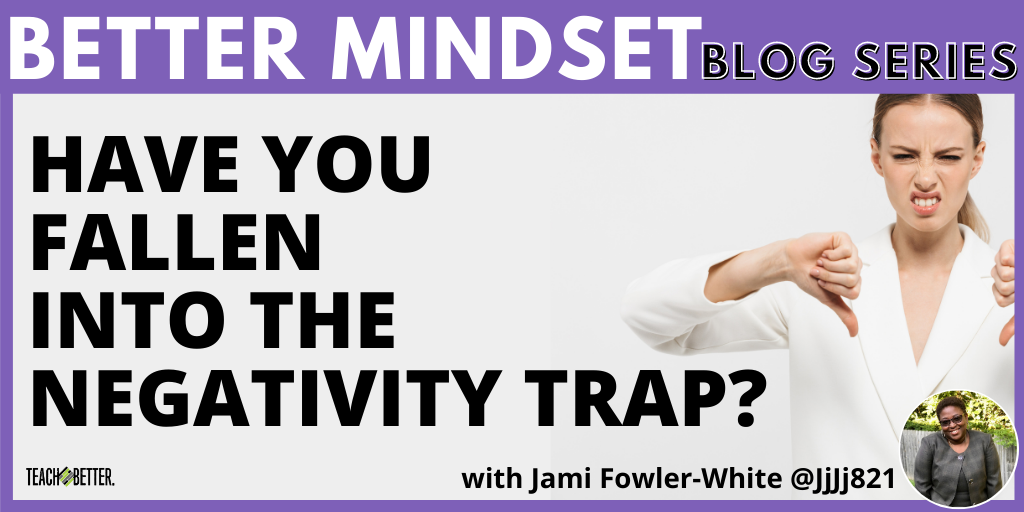This week’s guest, Kholood Qumei, is a full-time teacher by day and student by night. She is pursuing an EdM in International Education and Development with a concentration in languages, literacies, and cultures, and she speaks with us about shifting our thinking about multilingual students, embracing what her advisor calls a “multilingual habitus,” strategies you can use to support … Read More
Back to Basics with Co-Teaching: Methods and Conflicts
TL;DR: Models of co-teaching include station teaching, parallel teaching, alternative teaching, and team teaching. Conflicts may arise with co-teaching, so seek guidance from your administration when needed. Methods of Co-Teaching There are many models of co-teaching. Co-teachers need to find the best methods that work for them. The least effective models are One Teach/One Observe and One Teach/One Assist, which … Read More
EP 172 Just Look Up 5 Life Saving Phrases For Every Human with Joe Beckman
6:45 – Things Are Not Permanent 8:40 – It’s About What You Love 14:43 – Staying Stuck 15:49 – Different Kinds of Failures 19:38 – Success through Failures 20:57 – Willingness to Fail 23:28 – Joe Beckman’s Journey 35:55 – Teachers and Social Emotional Learning 37:33 – The 5 Life Saving Phrases is for All Ages Links: Apple: https://apple.co/35bOtq6 Spotify: … Read More
Have You Fallen Into the Negativity Trap?
TL;DR: The brain responds differently to negative stimuli than it does to positive stimuli. Consider the times you have weighed the pros and cons of a situation, only to focus more heavily on the cons. When you are at home, focus on the positive, reframe your inside voice, and flip your point of view. At school, watch your response to … Read More
Time Management 101 Blog Series
Time Management 101 Series Overview Managing time has always been a relevant topic for educators, but it now seems to be more pertinent than ever before. Each day, we have 24 hours to work with, but as the responsibilities pile up, it can become increasingly difficult to manage. For this reason, it takes time to find a strategy that works … Read More



